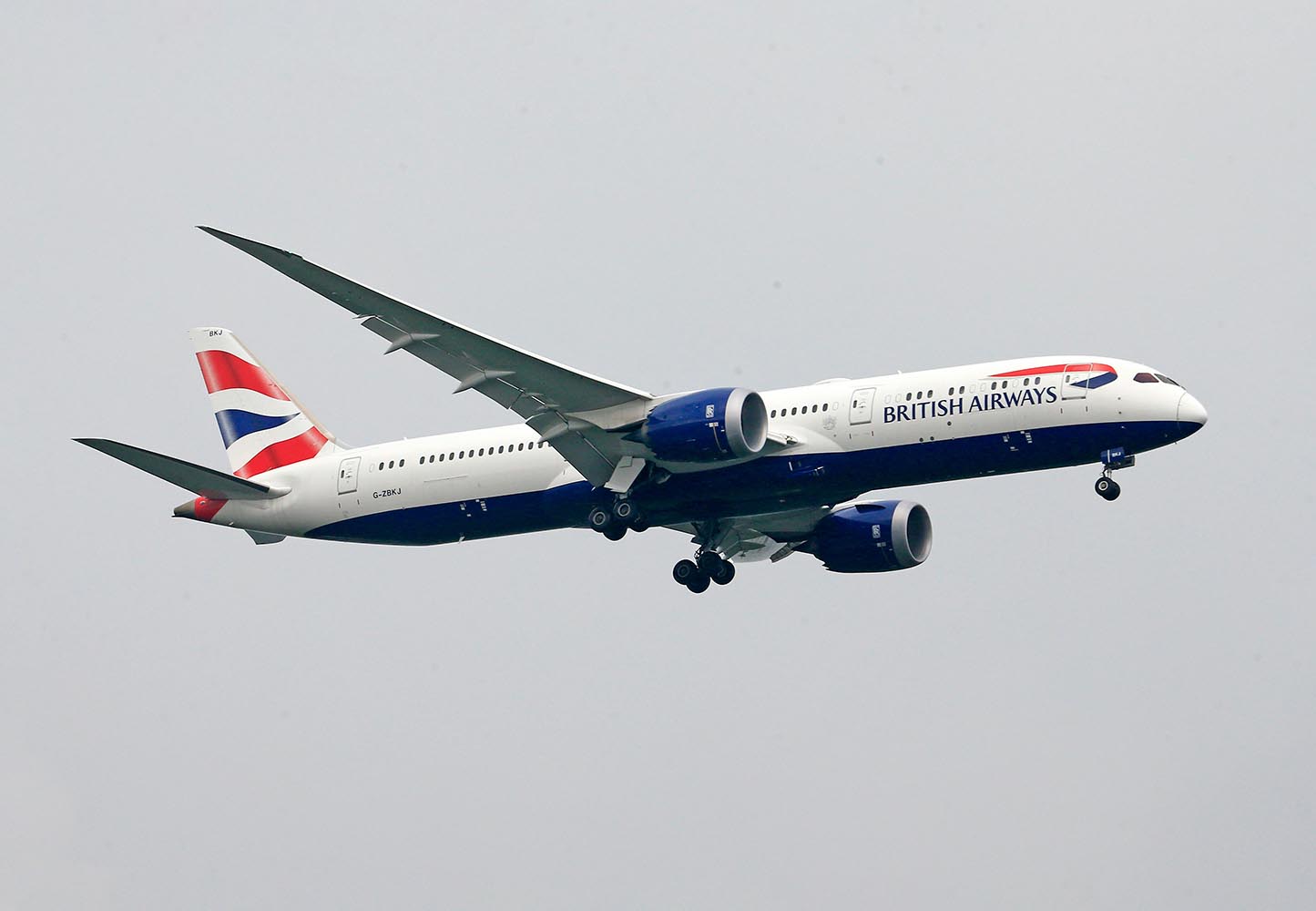
UK Government introduces sustainable aviation fuel initiatives
The UK Department for Transport, led by Rt Hon Louise Haigh MP, has announced new initiatives to bolster the production and use of sustainable aviation fuel (SAF). This strategic move is part of the government’s broader plan to stimulate economic growth and position Britain as a leader in clean energy.
Following the King’s Speech on July 17, which proposed legislation to support SAF production, the Department for Transport has confirmed the introduction of a SAF mandate, subject to Parliamentary approval. Starting January 1, 2025, the UK will be among the first countries to legislate such a mandate.
The SAF mandate aims to enhance the UK economy by more than GBP1.8 billion (USD) and create over 10,000 jobs nationwide. Environmentally, it is expected to reduce emissions by up to 2.7 million tonnes of CO2 equivalent (MtCO2e) by 2030 and 6.3 MtCO2e by 2040. The mandate will require 2% of total UK jet fuel demand to be met with SAF in 2025, increasing to 10% by 2030 and 22% by 2040, ensuring long-term sustainability for the aviation industry.
Mandate provisions
– Cap on Feedstocks: Limits on hydro-processed esters and fatty acids (HEFA) feedstocks to encourage diverse resource use.
– Power-to-Liquid Fuels: A separate obligation starting in 2028, reaching 3.5% of jet fuel demand by 2040.
– Buy-Out Mechanism: To protect consumers and incentivise SAF supply, set at GBP4.70 (USD) per litre for the main obligation and GBP5.00 (USD) per litre for power-to-liquid fuels.
The proposed bill will also introduce a Revenue Certainty Mechanism (RCM) to encourage investment in new SAF plants in the UK. This mechanism aims to reduce investment risks and provide confidence to investors, supporting the construction of SAF production facilities and securing a stable supply for UK airlines.
Haigh stated, “Developing, using, and producing SAF will drive our mission to kickstart economic growth and make Britain a clean energy superpower.” The initiatives are part of the government’s manifesto commitment to securing the UK aviation industry’s future through sustainable practices.













